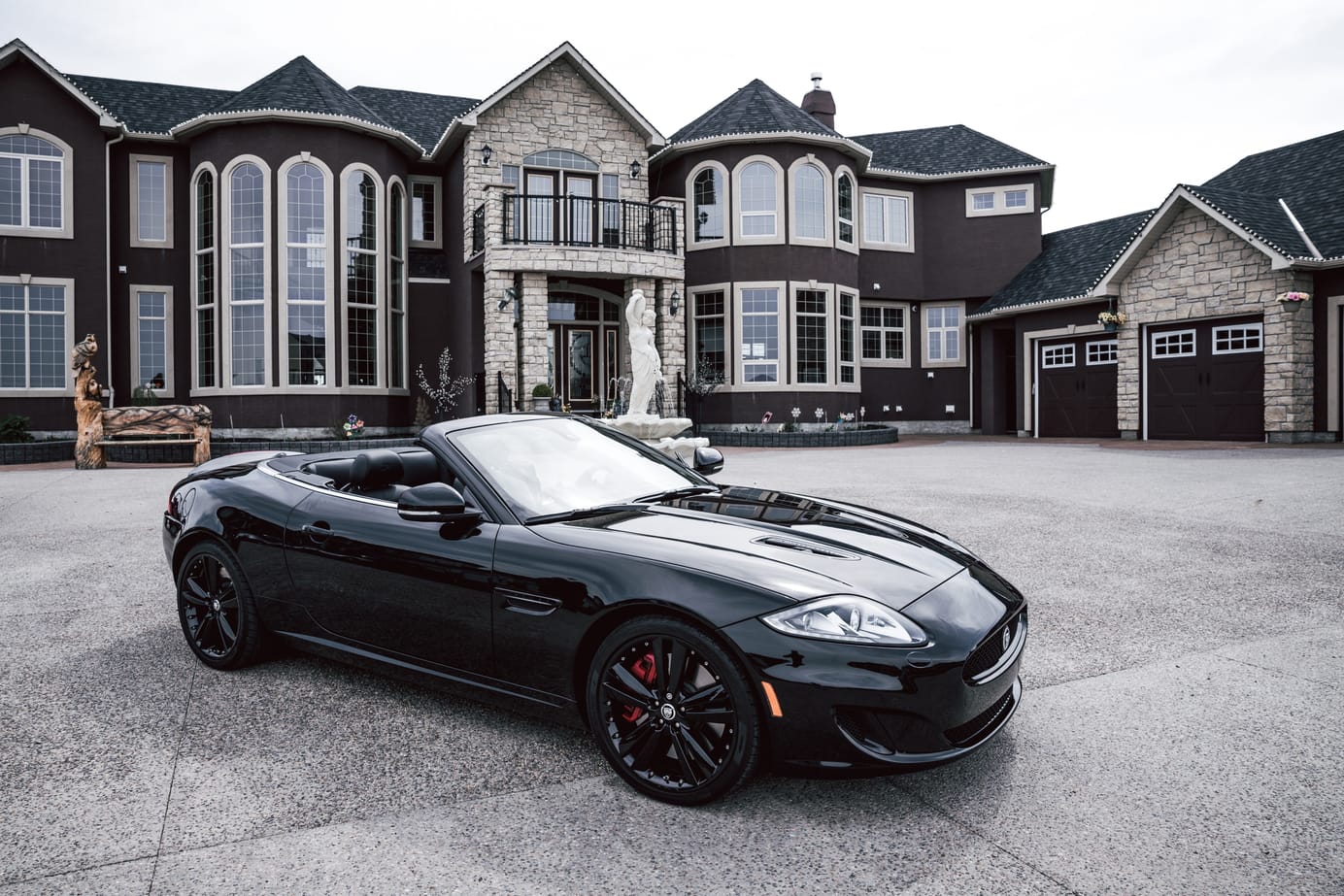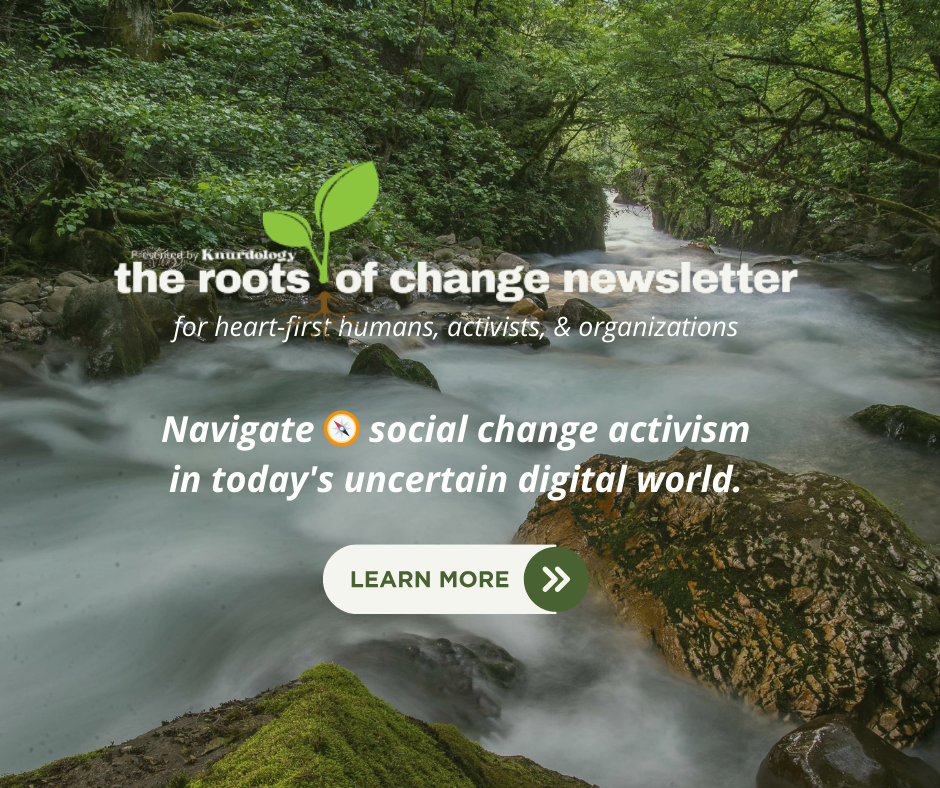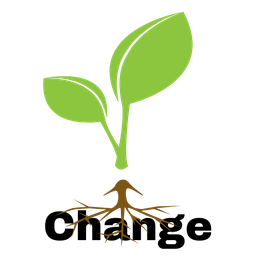
The Plight of the Imperial Mode of Living
Part III: Rethinking Economic Systems to Grow Climate Resiliency
🤓 Bite-Sized Knurd: Wealthy countries have enjoyed a certain lifestyle at the expense of the planet and poorer nations, but the cracks in the system are showing the instability of the system and the need for change.
In Case You Missed It: A Finite Planet vs. Infinite Growth
Once you begin to unpack the role that the economy, and with that the government, plays in shaping our realities, it’s hard not to unsee the inequity by design in the system.
It’s not possible for everyone to live a good life on a planet with finite resources and an economic structure that sends wealth upwards.
Therefore, capitalism attempts to obscure the harms it is causing.
That’s where the concept of the imperial mode of living comes in. It’s the idea that wealthy nations are able to live with energy and mass-intensive lifestyles at the expense of societies and nature elsewhere. In the United States, for example, the idea of success is to own a large house complete with AC and all the appliances, your own car (or two!), access to any kind of food you can imagine, annual vacations, the latest seasonal fashion, and all the tech you could want.
But what gets obscured is the cost of these lifestyle choices. Wealthy nations are shielded from the true costs so that we can continue to live our lives unknowingly causing harm. We are unaware of the indigenous communities displaced by an oil extraction site, the abuses taking place in garment factories in India, or the African miners that risk their lives daily for scraps. Maintaining these kinds of lifestyles requires the externalization of harm.
We outsource the cost of the lifestyles that we live. The imperial mode of living requires an uneven global structure for cheap resources, energy, and labor. This manifests itself in countless ways:
- Exploitative labor conditions in Asia, Latin America, and elsewhere allow our goods to be more affordable
- Countries in the Global South become merely a resource and materials extraction zone without investment in improving the wellbeing of their people
- Displacement of communities is common, especially in Indigenous groups that tend to live near sites with oil or precious metals used for “clean energy”
- The overproduction of cheap and poorly produced products (think fast fashion or poorly built appliances) increases the amount of waste
- As we learned from last year’s series on climate, even our pollution gets sent to the Global South where people have worse health outcomes
The Cracks Are Showing
Economic growth is reliant on the imperial mode of living. Our individualistic culture incentivizes growth by providing social pressure to buy the latest trends to show your social status. Growth is perpetuated through these social incentives, which means more goods are being produced and more energy is extracted than necessary.
“The imperial mode of living both exacerbates crises and stabilizes social conditions in the core.”
— The Future Is Degrowth: A Guide to a World Beyond Capitalism
Because the illusion of the imperial mode of living is so strong for those living in wealthy nations, it becomes more difficult to persuade citizens to seek structural changes. For many, the promise of a better life is enough to convince them that the current economic structures will eventually raise them up.
However, we’re at a point where cracks in the logic of economic growth are appearing. Those living an imperial mode of living are seeing the effects of decades of inequitable access. The cracks take on many forms:
- The rising tide in migration, for example, becomes a visual reminder that the exploitation of Global South countries causes instability, poverty, and exacerbates the climate crisis.
- The rise in financial crises like the 2008 financial crisis, covid-19 stock market crash, and this year’s Silicon Valley Bank mess is amplified by a lack of regulation in the financial sector.
- The recent series of train derailments that are directly associated with deregulation during the Trump administration.
- The Covid-19 pandemic is another example. The government’s response to the pandemic showed that business interests were higher on the list than its citizen’s health and wellbeing.
- Fascism is also a direct result of the cracks in the growth paradigm. Fascism is an attempt to maintain exploitative power structures through violence.
What is challenging about the imperial mode of living is that it can conceal exploitation and can actually make it harder to change. The hope is that cracks in the system can be opportunities to explore alternative solutions.
Progress Doesn’t Mean Growth It Means WellBeing
The idea of shifting our economic incentives to favor the planet is a tough one for many to swallow. We are all so deeply embedded in the current way of living that many can’t imagine what something different would look like.
The imperial mode of living is portrayed as the ultimate form of success, but we are leaving millions of people behind and endangering all life on this planet (no biggie!). However, stepping out of the growth paradigm does not mean we have to live worse lives.
In fact, it can be an opportunity to raise everyone up by focusing on wellbeing rather than wealth since we know wealth has a tendency to make its way upward and not to the people who need it most.
“Quality of life depend on equality, prosperity, trust, social security, political participation & appreciation of care work”
— The Future Is Degrowth: A Guide to a World Beyond Capitalism
Next week we’re going to bring to life new (and very old) climate-resilient ways of living that we can begin to transition towards.

If you LOVED our January series on the impacts of social media on our lives, emotions, and brains, you might be interested in a new social media alternative and it’s right here on !
Introducing Substack Notes, a healthier alternative to Twitter. I’m not normally into direct promotion in this newsletter, but so much of Substack Notes highlights a better vision for the internet and reflects what we talked about in January.
“Many of us have grown so used to talk of hellsites and doomscrolling—while wondering if social media is driving us mad—that we have forgotten that the internet can be good.”
Next Up:

the roots of change media Newsletter
Join the newsletter to receive the latest updates in your inbox.




